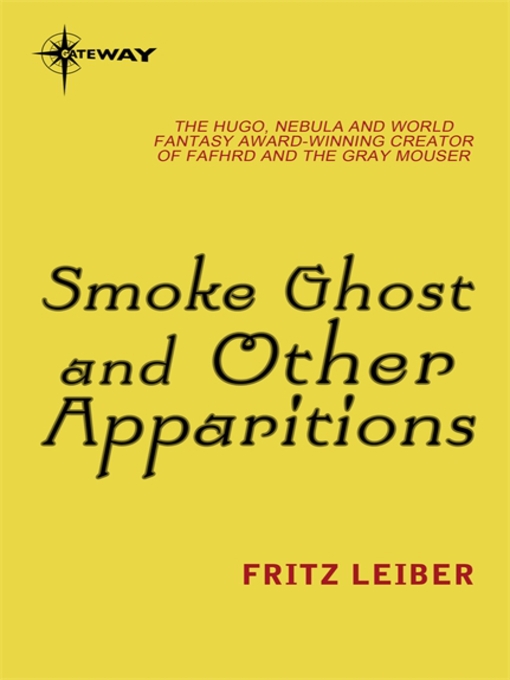By the time you read this, I shall be dead. Actually no, just on holiday - I'm writing this on Wednesday and my plane flies out on the Saturday coming... which to you will be last Saturday.
Anyway, I thought I'd schedule some posts whilst I'm off enjoying myself, so I've taken the opportunity to repost some guest blog pieces I've done on other people's blogs, for those of you who missed them first time round.
This piece on first appeared on Andre Jute's website; I first met Andre on a Kindle discussion board where we derailed an entire thread by arguing vehemently about the truth or otherwise about man-made global warming. Despite that argument, there was a healthy respect on both sides (which as you know is a rarity on the internet) so Andre invited me to join a group he set up on Goodreads, and later to write this guest post.
It's about someone almost as contrary and infuriating as Andre himself: DH Lawrence. It was originally called DH Lawrence: The Mosquito.
The Mosquito, like so much DH Lawrence wrote, has an odd, contradictory feel to it. As always with Lawrence’s nature poetry he describes his subject perfectly, vividly – ‘queer, with your thin wings and streaming legs’. And the poem also captures that ticklish feeling of being in a room with an unseen mosquito – the dull whine of it on the edge of hearing, the thought that it might already be crawling over your skin… Lawrence’s blood is shook to ‘hatred’ of it.
And yet… there’s also a sense of admiration in the poem. As he kills it, a sense of identification. What is there to admire about a mosquito? Well I suspect that Lawrence wouldn’t have minded being thought a pest, by some people; wouldn’t have minded being the hateful noise in someone’s ear that stops them sleeping.
Like DH Lawrence I was brought up in a Nottinghamshire mining town, and like him I had to leave Nottingham to find out just who DH Lawrence really was. Despite his international fame and repute, it was never mentioned in school that such a writer had grown up not so far away. Walking around Nottingham city centre, you’d never know Lawrence walked here too – there’s no statue erected of him, no blue plaque, no Lawrence Road… I had to go study English in a different city before anyone told me anything much about DH Lawrence.
Why is Nottingham so dismissive of him?
Even now, when examining the motivations of the small-minded, one mustn’t rule out the twin British obsessions of sex and class. Maybe to some, Lawrence is still the son of a miner who wrote mucky books. And of course, Lawrence was dismissive of Nottingham itself (calling it ‘that dismal town’) and once he left he hardly returned, obviously not feeling the city any place for writers. But that doesn’t stop Dublin celebrating Joyce, another self-imposed exile. Nottingham could forgive Lawrence, and make a big thing out of him, but obstinately sticks to its other legends: a communist terrorist with a bow and arrow, and a football manager.
And yet… on the edge of hearing buzzes the mosquito, and if you head up a little side-street in the centre of Nottingham there’s an unremarkably ugly building into which office temps trudge every morning. I worked there, once. Outside is a sign, sepia text faded to illegibility by the sunlight. A face is just visible, and the eyes are blazing.
This building used to be JP Haywoods, and Lawrence worked there as a young man.
For the adventurous, a trip out to Eastwood takes you to the D H Lawrence Birthplace Museum, still struggling on despite small-minded attempts to close it to save money. Like it or not, they can’t seem to swat this mosquito, whose place in literary history seems assured. His critical stock fluctuates, but his books are always there, a part of our life and culture, and I for one am proud to say I come from the same city as the man. Despite his flaws, as a man and a writer, he wrote some of the great books of the last century, and fought a courageous fight against censorship all his life.
But it’s hard to remember, looking out on the new concrete and gleaming glass windows of Nottingham city centre. Robin Hood flags flicker from the Council House building where they’re no doubt preparing even more cuts, and the Brian Clough statue raises his hands in salute.
Maybe DH Lawrence was right, and this is no city for writers.
Maybe I should leave too.

